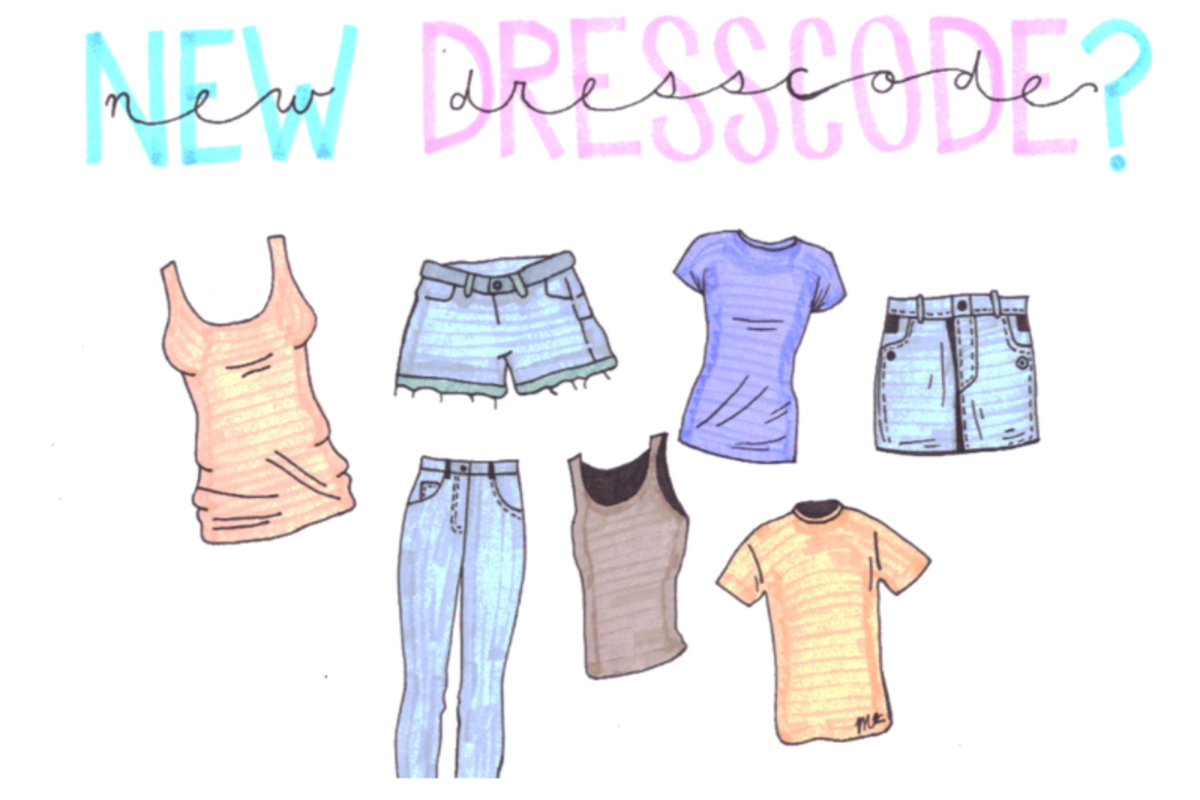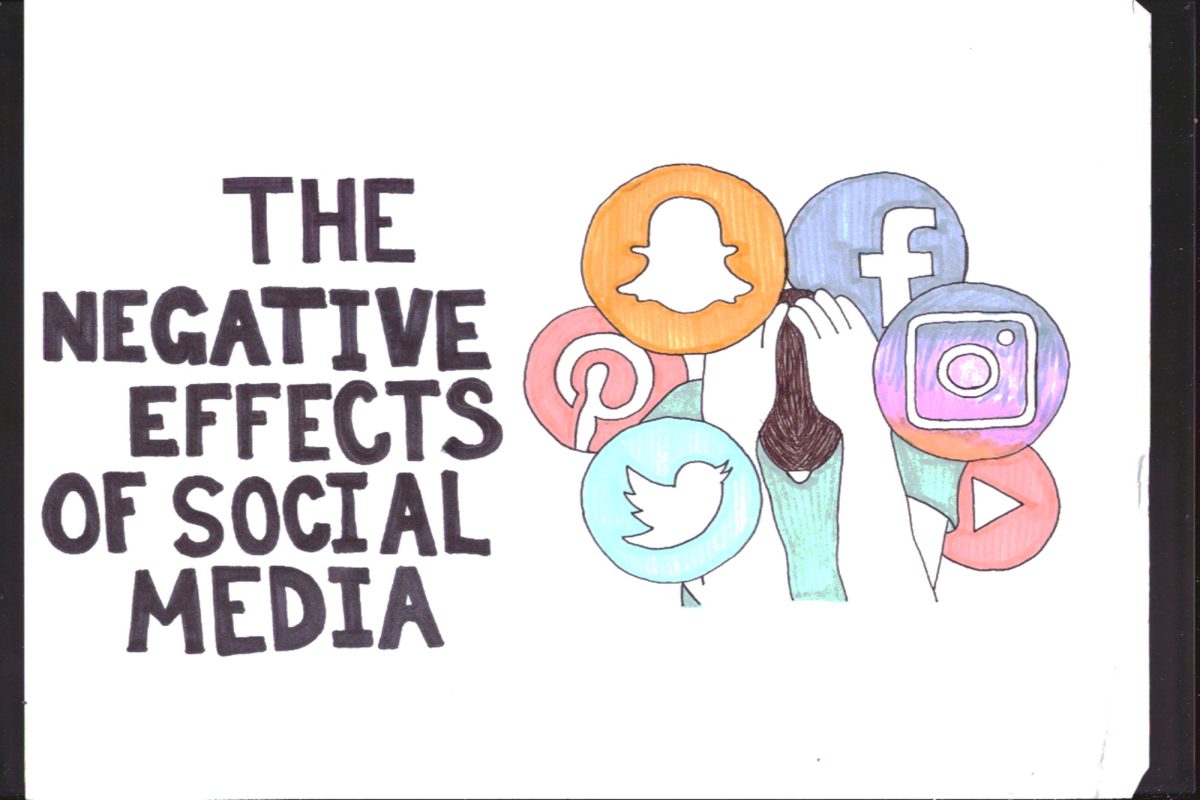“Smartphones are not just gadgets. They have become an extension of our being, a key to the world we live in.” – Jerry Yang, co-founder of Yahoo!
Students in public schools across Virginia this year are prohibited from using their phones in school due to a state-wide ban issued by Governor Glenn Younkin. As a result, this has sparked mass controversy among students and teachers. As of now, students are only allowed to use their phones during One Lunch and in between classes. Teachers are “tasked’ with enforcing the cell phone ban whether they agree with it or not.
Ultimately, the decision to use phones in classrooms should not be up to the Governor, instead, it should be up to the classroom teachers to decide whether or not students can access their phones in class. In some cases, phones are necessary to complete tasks that ChromeBooks do not provide or are blocked by the “powers that be”. Those who are making these “blanket” rules are not considering that for certain classes, technology accessibility is crucial and a ban could limit students’ opportunities to develop essential skills. Often, educational sites are blocked on Chromebooks making it harder for teachers to create interactive lesson plans. Similarly, this year more students are playing games on their Chromebooks which has become just as distracting as phones.
While certain classes, such as Journalism and a variety of other electives, use phones to teach important elements of the class, they have seemingly been pushed back at least a decade through the use of cameras. In fact, lessons that can be accomplished in two steps on a cell phone, now take eight-ten steps with the use of a camera. One must ask “why” there is no consideration for the “real-world experience” and “hands on learning” promoted by state level education committees and living one’s life in today’s society.
As of now, not much can be done locally because this ban was issued by the Governor of Virginia; the Virginia Department of Education (VDOE) released its final decision to completely ban phones from the beginning to the end of the school day beginning in January. The whole scenario makes little to no sense in general and was obviously decided upon by those who would like to micromanage teachers, their classrooms and what is taught when these same people have no idea what today’s classroom looks like.
According to the Associated Press, those who do not work in the educational field have decided that there are better alternatives to cell phone use in school, such as steering students outdoors or toward extracurriculars to fill times they might otherwise spend alone and online. Students can make choices regarding technology; their choices are there their own and they will find a way to use their phones.
The push to use technology is great, but unrealistic without cell phones. QR codes that provide information for sports, clubs, higher education and payments for activities are all online, promoted daily within schools, but students cannot utilize any of this “easy” access until they leave the school building. What?
One argument from the state level included that the decision to ban phones had much to do with reported distractions and mental health issues that the phones were causing in school. And, two-thirds of American students say they are distracted by their digital devices during class. Additionally, more than half of those students said that they were distracted by other students’ devices, according to Education Week. The classroom teacher has every right to step in though and control the situation.
Taking phones away from schools is a step back in the advancement of technology in society, and banning them in schools won’t help any student who is already engulfed in the world of social media.
Considering all the facts, cell phones should not be entirely banned in schools because they play a big role in learning, communication, and safety. As society heads into a more modernized and technology-driven direction, it’s important that students learn to utilize all available resources so that they are not left out of the loop when they decide their career path. Finally, in order to establish change within schools we need to express our opposition to the ban.






